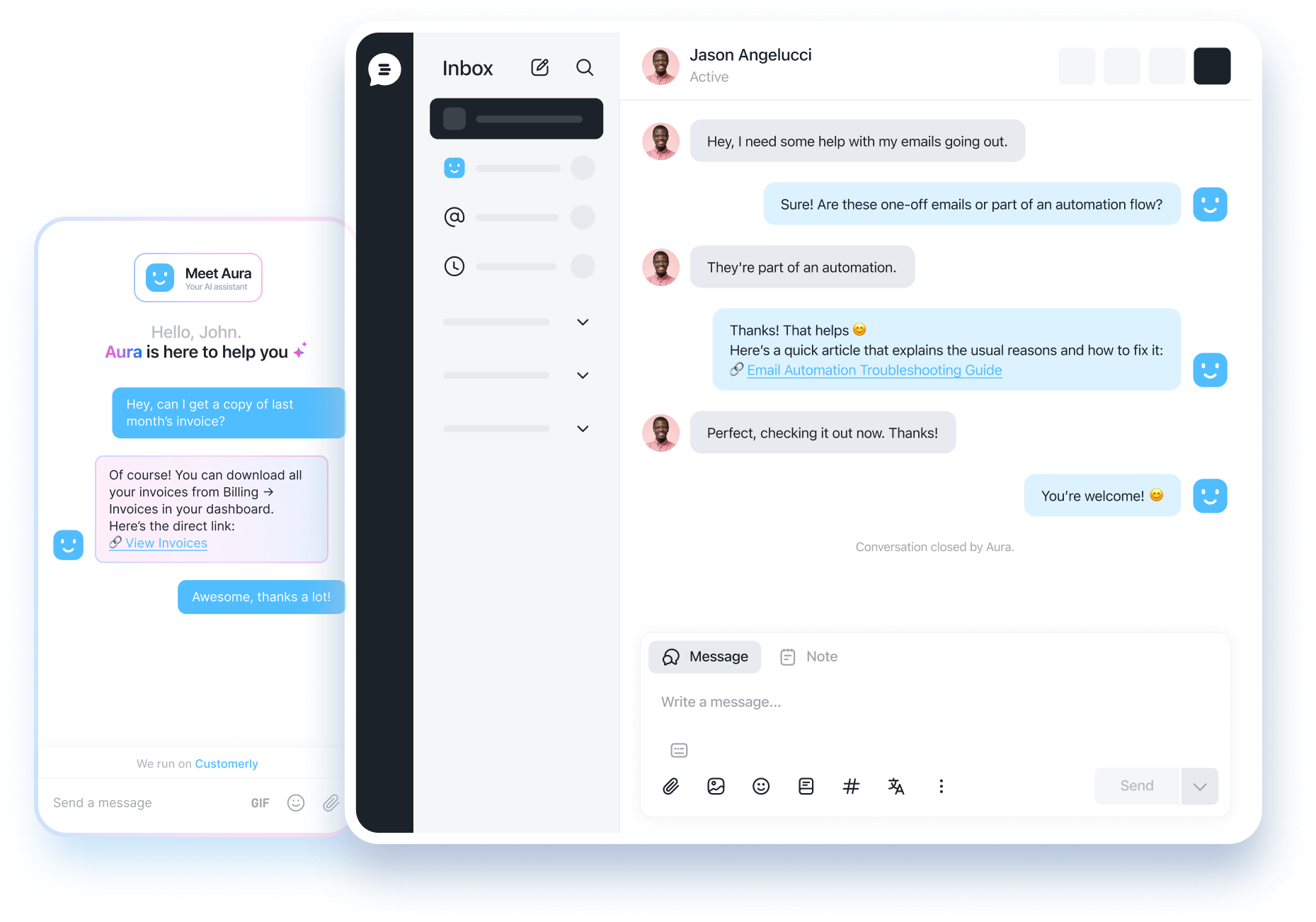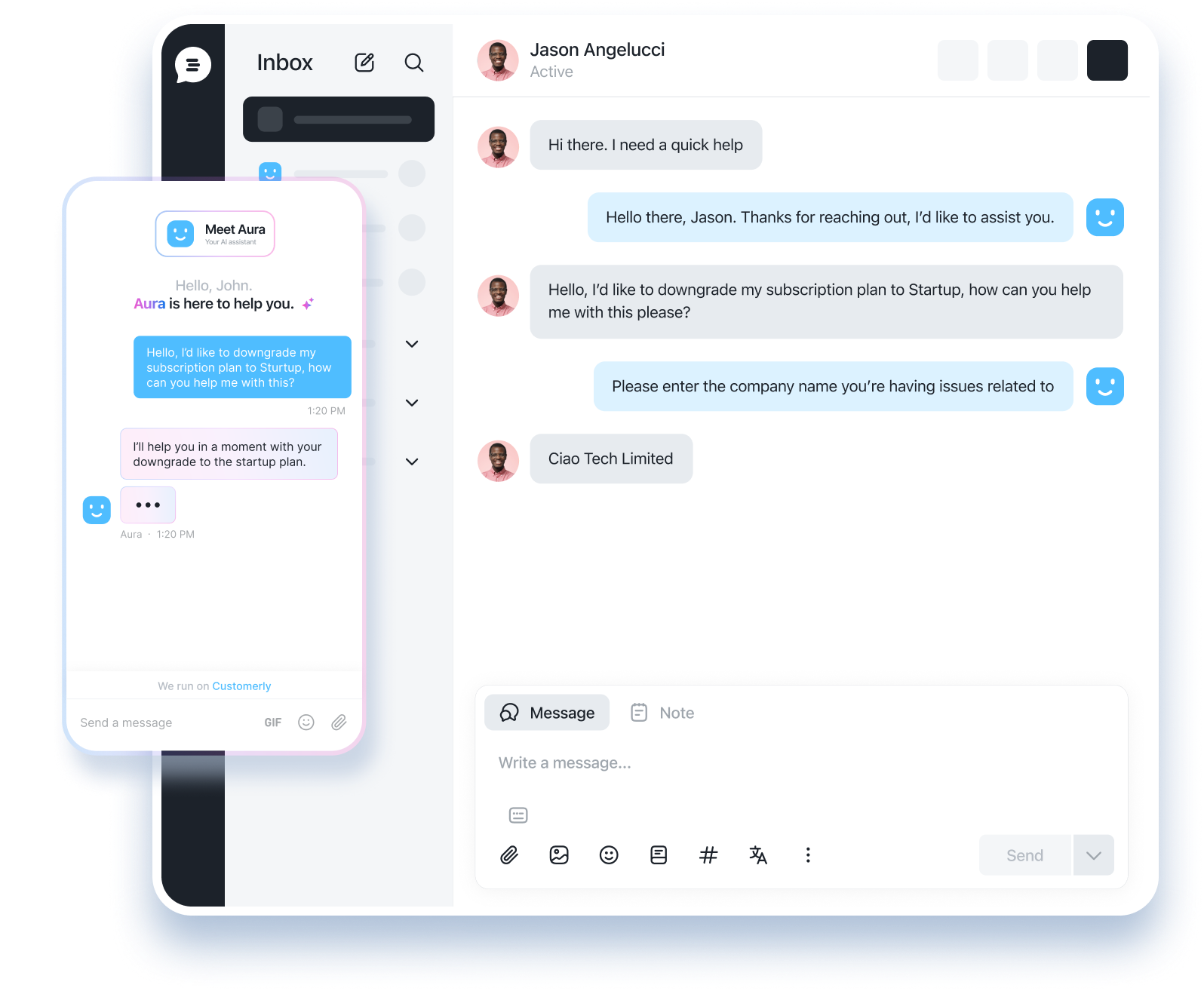

Conversational AI
Conversational AI is a technology enabling computers to simulate human-like conversations using NLP, speech recognition, and machine learning to enhance customer service and user engagement.
Definition
Conversational AI refers to the set of technologies that enable computers to simulate real human-like conversations. These technologies include natural language processing (NLP), machine learning, and speech recognition, which work together to understand and respond to human language in a way that is both meaningful and contextually relevant. Conversational AI systems are designed to interpret and process user inputs, whether written or spoken, and generate appropriate responses in real-time.
Usage and Context
Conversational AI is widely used across various industries to enhance customer service, automate repetitive tasks, and improve user engagement. In customer service, for example, chatbots and virtual assistants can handle routine inquiries, freeing up human agents to focus on more complex issues. In healthcare, conversational AI can assist in patient triage and provide information about symptoms and treatments. The technology is also prevalent in smart home devices, enabling users to control their environment through voice commands.
FAQ
What is Conversational AI?
How does Conversational AI work?
It works by combining natural language processing, machine learning, and speech recognition to interpret and generate human-like responses.
What are the applications of Conversational AI?
Applications include customer service chatbots, virtual personal assistants, healthcare support, and smart home device interactions.
Can Conversational AI understand multiple languages?
Yes, many conversational AI systems are designed to understand and respond in multiple languages.
Related Software
Some popular software solutions that incorporate conversational AI include IBM Watson, Google Dialogflow, Microsoft Bot Framework, Amazon Lex and Customerly. These platforms offer a range of tools for developers to create sophisticated conversational agents that can be customized for various applications.
Benefits
The benefits of conversational AI are numerous. It enhances customer experience by providing 24/7 support and quick responses to inquiries. It also reduces operational costs by automating routine tasks and allows businesses to scale their customer service operations without proportionally increasing staff. Additionally, conversational AI can collect valuable data on customer interactions, which can be analyzed to improve products and services.
Conclusion
Conversational AI represents a significant advancement in the way humans interact with machines. As technology continues to evolve, its applications and benefits are expected to expand, making it an integral part of both business operations and everyday life.

AI Support That Sets You Apart.
Start Leading Today.













